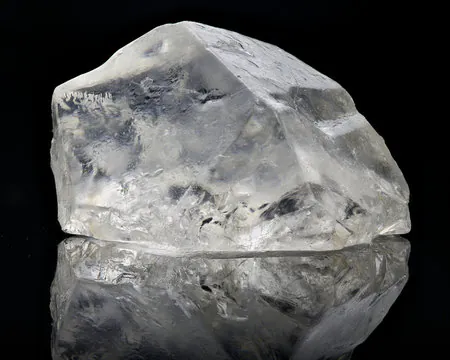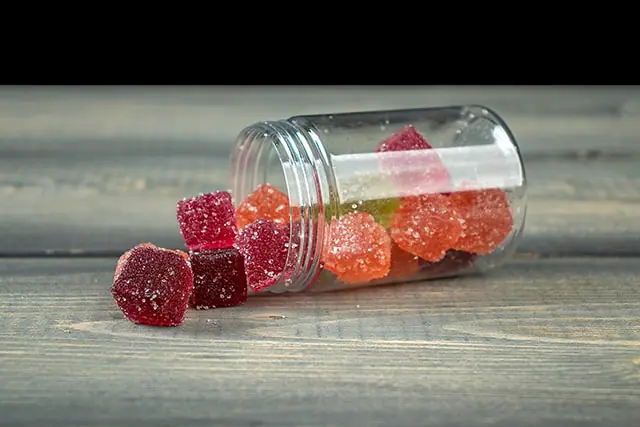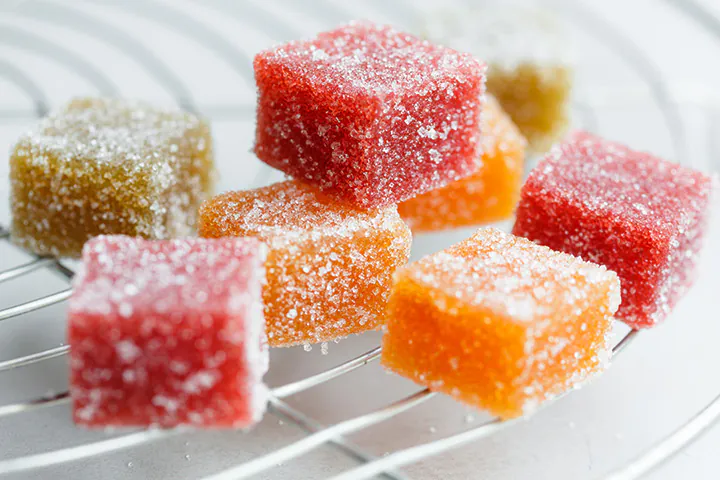THC is the ingredient accountable for marijuana’s psychoactive properties, as most people are aware. It is a potent agent with the ability to profoundly influence both the body and the brain.
Now, researchers have discovered additional cannabinoid that is even more active than THC. Delta-9-tetrahydrocannabiphorol, or THCP for abbreviation, is the scientific name for it.
This post will show how THCP, a cannabinoid with more than 30 times the strength of normal delta 9 THC derived from marijuana, is made.
What Is THCP?
THCP is an abbreviation for tetrahydrocannabiphorol and is a phytocannabinoid, one among dozens of active chemicals found in cannabis plants. So far, researchers have found about 133 of these compounds, with THCP being a fairly recent cannabinoid on the table.
Because it was found in 2019, there hasn’t been much formal study on its impacts as of now. The only study we have done so far has examined its safety and efficacy using animal and in vitro cell cultures. THCP is derived from natural sources in cannabis plants in extremely low amounts. It can be extracted and separated from hemp and marijuana by chromatography methods.
This cannabinoid binds to CB1 receptors 33 times more frequently than delta 9 THC. THC and THCP’s psychoactive effects are caused by the stimulation of the CB1 endocannabinoid receptors.
Any CBD products having greater than 0.00% THC are banned in Japan under Japanese legislation. THC-O Distillate at State of Mind Labs has 0.00% THC, which means this product is legal in Japan, and we can ship without any problem. If the customs officer discovers THC in any CBD goods, then your product is classified as illegal.
And you will be compelled to recover the item or face penalties. The Japanese government may also ban your company.
THCP: An Exciting Discovery
In 2019, Cinzia Citti conducted a study team to identify the exact cannabinoid composition that makes a strain acceptable for therapeutic usage. They conducted a series of trials on FM2, an Italian strain of cannabis.
They discovered the THCP cannabinoid throughout their research. The composition of this cannabinoid is quite close to that of THC. Although, there is one significant feature that distinguishes THCP and may make it much more effective than its equivalents.
How Cannabis Plants Produce THCP
While there are several phytocannabinoids, they all share a comparable composition. This is because they all begin as the same molecule, cannabigerolic acid (CBGA).
CBGA is often referred to as “the mother cannabinoid.” It is formed due to a complicated interaction between olivetolic acid and geranyl pyrophosphate. It is then subjected to additional enzymatic processes to generate the acidic versions of the phytocannabinoids: THCA, CBDA, CBCA, and so on. Cannabinoids are only present in raw cannabis in their acidic condition.
When they get into touch with heat, they undergo a procedure known as decarboxylation. This process converts THCA to THC, CBDA to CBD, and CBCA to CBC, among other things. THCPA generates in the same manner as the other phytocannabinoids do. It becomes THCP after being exposed to heat.
THCP, on the other hand, is found at much lower concentrations in cannabis plants than the other cannabinoids. As a result, it has stayed unseen so far.
At the moment, the FM2 strain is the only one with detectable levels of the THCP cannabinoid. As a result, producers of THCP items need to create them in a laboratory.
Producers make it from hemp with no more than 0.3 percent delta-9-THC for legal purposes. CBD is utilized as the beginning ingredient for the production of THCP, implying that it can be properly produced from hemp.
To get a cannabinoid-rich fraction of FM2, n-hexane is utilized to extract the raw material rather than ethanol, containing additional pollutants including flavonoids and chlorophylls.
To get clean cannabinoids to extract, a further dewaxing process at 20 °C for 48 hours and elimination of the precipitated wax was required. Eighty fractions were separated using semi-preparative liquid chromatography with a C18 stationary process.
In this way, the fractions containing primarily tetrahydrocannabipgorolic acid (THCPA) are heated at 120 °C for 2 hours to produce their corresponding neutral version called THCP as transparent oils with a purity of >95 percent.
Bottom Line
THCP is a phytocannabinoid that has been unknown until now. According to the initial study, it could be significantly more powerful than their THC cousin. As a result, this new finding has the potential to substantially transform the approach we use cannabis in the future.
It may also raise the chance of negative effects. More study is needed to discover their specific effects on human systems, so keep an eye on this topic. More information about THCP will be provided when it becomes available.




